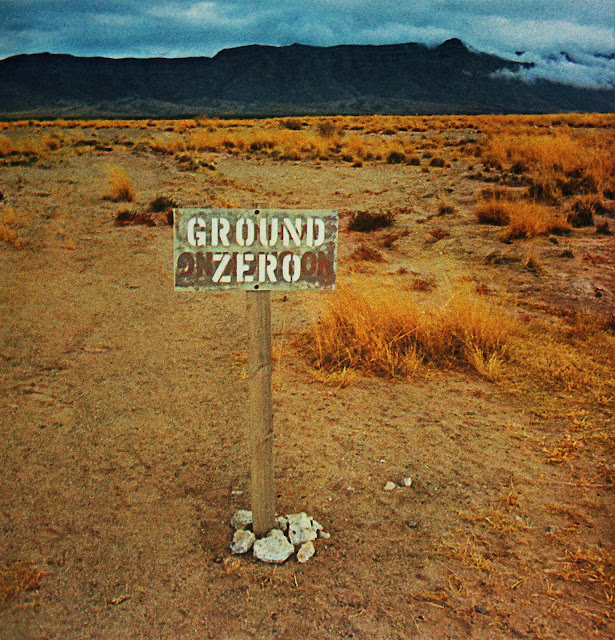 |
| Pavlos Fyssas (aka Killah P) |
Antifascist Killah P Stabbed to Death by Golden Dawn Member in Piraeus
by Contra Info
In the early hours of September 18, 2013, 34-years-old antifascist Pavlos Fyssas (aka Killah P) was stabbed to death by Nazis of the “Golden Dawn” party in Piraeus (port of Athens).
Raw reports on indymedia relate that the murder took place just after midnight on Wednesday in Amfiali, in the Keratsini district of Piraeus. It appears that Pavlos Fyssas and his small company of friends were persecuted and ambushed by a larger group of Nazis. This in the presence of cops from the DIAS motorcycle unit. Minutes later, the antifascist was stabbed twice by one of the Nazis who came out of a vehicle and attacked him. The assailant was arrested by cops at the scene. But the exact circumstances of the assassination are yet to be confirmed, and much of this news comes from mainstream media coverage.
Pavlos Fyssas succumbed to his injuries shortly after he was evacuated in the Nikaia hospital. His funeral was arranged for September 19 at the Schisto cemetery.
In recent months, there have been several attempted murders and assassinations of ‘people of color’ (migrants, etc.) across Greece. This time, a Greek-born white leftist was assassinated by fascist scum. It appears, though, that Pavlos Fyssas was not a member of any leftist organization, but rather a street fighter with strong antifascist action. Killah P(ast) was his stage name as hip-hopper/rapper.
Meanwhile, there were major ‘repercussions’ in official politics. The establishment parties already tried to manipulate this deadly incident for electoral gains, while the Golden Dawn parliamentary thugs as always refuted any involvement of their devoted followers in any murder, again for electoral gains. However, the 45-year-old stabber Giorgos Roupakias, resident of Nikaia, has confessed his deed to the police, as well as his close association with the Golden Dawn. His association with Golden Dawn MP Kostas Barbarousis is well documented. The murderer is in custody, and three other Nazis — including his wife — were also detained (for withholding evidence of Roupakias’ association to the Nazi party).
On September 18, antifascist protests were called in response to the assassination in more than twenty cities/towns across Greece. Also, in few cities (e.g. in Chania, on Crete) Golden Dawn offices were trashed, and police troops were attacked. Various different direct actions happened at numerous spontaneous protests throughout the day.
During a large evening demonstration near the murder scene in Keratsini, heavy clashes broke out against the police; dozens of protesters were detained amid street battles (many faced charges). Previously, the leader of the far-right party “Independent Greeks” alongside his patriot henchmen were effectively attacked by antifascists. At least one demonstrator suffered severe eye injury from a direct shot of police tear gas, and underwent surgery at a local hospital. Doctors from the Tzaneio hospital stated that 31 protesters who were treated after the antifascist march in Keratsini were all wounded on the head by DIAS and DELTA cops. In addition, anti-riot squadrons and plainclothes thugs attacked antifascists jointly during that demo in Piraeus.
Clashes occurred in Thessaloniki and Patras, too, where mass detentions were reported.
Thanks to the comrades at Contra Info. -GR



















